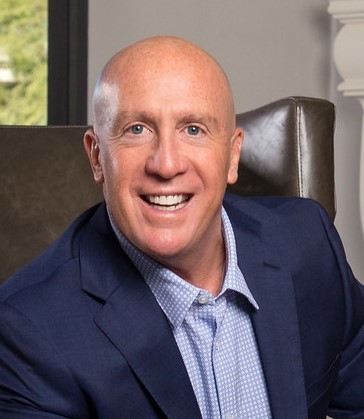
Hello there, my fellow seniors!
You’ve probably heard the word “Alzheimer’s” here and there, especially in the news, or perhaps you’ve had conversations about it with family members or friends. But what exactly is Alzheimer’s, and why is World Alzheimer’s Day—held every year on September 21—so important for all of us, especially those of us who are a bit more seasoned by life?
Let’s take a walk down memory lane and explore Alzheimer’s disease, its impact, and what we can do to support ourselves, our loved ones, and our communities. We’ll keep it simple, casual, and hopefully helpful as we touch on this important topic.
First things first, Alzheimer’s disease is a brain disorder that slowly destroys memory and thinking skills. It’s the most common cause of dementia, which is the loss of cognitive functioning—thinking, remembering, and reasoning—and behavioral abilities to such an extent that it interferes with a person’s daily life.
Now, don’t get too alarmed if you’ve noticed that you sometimes forget where you left your glasses or the name of that old friend from high school. We all get a little forgetful as we age! Alzheimer’s goes beyond the everyday lapses in memory that come with getting older. It’s a progressive disease that worsens over time, eventually making it difficult for a person to manage even the simplest tasks.
Here’s the thing: Alzheimer’s doesn’t just affect the person diagnosed with the condition—it impacts their families, friends, and even entire communities. World Alzheimer’s Day, which happens every year on September 21, is a time to raise awareness, reduce stigma, and encourage all of us to have open conversations about this disease.
Think of it this way: if we talk openly about Alzheimer’s and how it affects us, we not only educate ourselves, but we also help others understand the challenges we may face and create a more supportive environment for everyone. And isn’t that what we all want—a little more understanding and support?
So, what should we be keeping an eye on when it comes to Alzheimer’s?
Now, you might be wondering, “What can we do if someone in our family, or even ourselves, gets diagnosed with Alzheimer’s?” While there’s no cure yet, there are many ways we can support ourselves and each other.
Let’s take a moment to talk about something we might not always think of—technology. Many of us didn’t grow up with smartphones, tablets, or the internet, but these tools can actually be really helpful in managing Alzheimer’s disease.
One of the goals of World Alzheimer’s Day is to reduce the stigma that surrounds this disease. There are still many misconceptions about Alzheimer’s, and because of that, many people feel embarrassed or ashamed when they or their loved ones are diagnosed.
Here’s what we need to remember: Alzheimer’s is not something to be ashamed of. It’s a medical condition, just like diabetes or heart disease, and it can happen to anyone. Talking about it openly, seeking help, and offering support are the best ways to break down those barriers and create a more understanding world.
The good news is that researchers are working tirelessly to better understand Alzheimer’s and develop treatments to slow its progression. While there’s no cure just yet, advancements in medicine are happening every year. Some drugs can help manage symptoms, and clinical trials are constantly exploring new ways to treat and prevent the disease.
As a community, we should stay informed and support these efforts. You never know—one day, we may see a world without Alzheimer’s, and wouldn’t that be something to celebrate?
As World Alzheimer’s Day comes around again this year, let’s take a moment to reflect on what we can do for ourselves and for others. Whether it’s learning more about the disease, supporting someone who’s affected, or taking steps to keep our own minds sharp, there’s always something we can do.
Remember, it’s never too late to start! Alzheimer’s may be a difficult topic, but with a little understanding, compassion, and action, we can all play a role in making life easier for those affected by it.
Stay well, stay curious, and keep those brains working!
Wishing you all good health and happy memories,
ComForCare
Whether your loved one needs assistance only a few hours a week or around-the-clock, our team is happy to help! Call (480) 998-0668 to learn more about the transition care services offered through ComForCare Home Care (Scottsdale, AZ).

Each office is independently owned and operated and is an equal opportunity employer.

© 2026 ComForCare Franchise Systems, LLC.